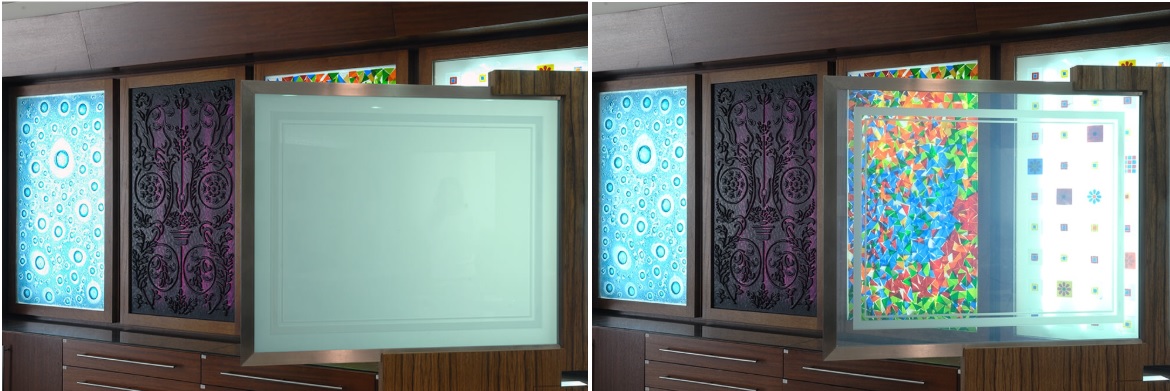Smart Glass: Everything You Need To Know About Liquid Crystal Films
Window technology has come a long way from float and insulating glass during the 50s, Vinyl and Clad windows in the 60s, shockproof or impact glass in the 90s, to the dynamic, intelligent glass windows of the 2000s. Each of these developments have come about in response to consumer demands during those specific periods. For instance, impact glass was produced as an answer to several hurricane crises in America during the early 1990s.
Subsequently, smart glass has become popular for people wanting privacy without compromising on light and comfort. This glass can switch from transparent to opaque in an instant, depending on the situation.
Today, the technology of smart glass also known as Liquid Crystal Film laminated glass is continuously evolving. In fact, this technology has been existing for a long time, as featured in science-fiction movies or television shows.
Unlike before where people could only see this innovation on the silver-screen, smart glass technology is now accessible to the public, with several glass companies around the world offering this solution.
How Does Liquid Crystal Film Work?
LCF laminated glass is a type of smart glass that uses liquid crystal molecules that respond to electric charges, modifying its molecular position in the process. When switched on, an electric charge is applied which makes the molecules align in parallel and lets the light pass through making the glass transparent. On the other hand, when an electric charge is absent, these molecules disperse creating an opaque, frosted surface.
For this to work, liquid crystals are dissolved in a liquid polymer and are solidified or cured together. Generally, the mixture, in liquid form is placed together with a transparent, conductive material that is inserted in between two layers of either glass or plastic which is then cured to form the basic structure of a smart window.
Applications of Liquid Crystal Film
LCF laminated glass can be used for a variety of applications. It is installed just like how a normal glass is fitted. It can be used to block UV light and keep the privacy and comfort of families. A residential application can include:
- House doors
- Windows
- Living areas
- Housing interiors
- Partitions
- Bath area
Offices and commercial spaces can use LCF laminated glass to instantly transform ordinary rooms into confidential spaces for meetings, conferences, diagnostics, etc. Office and commercial applications include:
- Building exterior wall
- Office partitions
- Conference rooms
- Hospital diagnostic rooms
- Specialty shops
- Restaurant windows
Benefits
In addition to providing comfort and privacy, LCF laminated glass has a wide array of uses and applications. It provides an innovative solution for slick and modern architecture and interior designs, eliminating the need for curtains or blinds.
It is easy to use, conveniently switching from opaque to transparent in a single flick of a switch. Smart glass windows completely obscure the view from the outside which makes it adaptable for situations that call for confidentiality.
Office cubicles can benefit from instant privacy to promote focus and concentration. It is also a cost-effective solution to artificial lighting which consumes a lot of power.
There are countless benefits for installing smart glass; whether you place it in the comfort of your own home, or utilize it in your office or commercial space. If you are living in the UAE and are looking for a modern design solution for your needs, Mirodec is a glass company in Dubai that offers a full range of techniques using the latest technologies to deliver classic and modern designs using decorative glass and mirrors.

